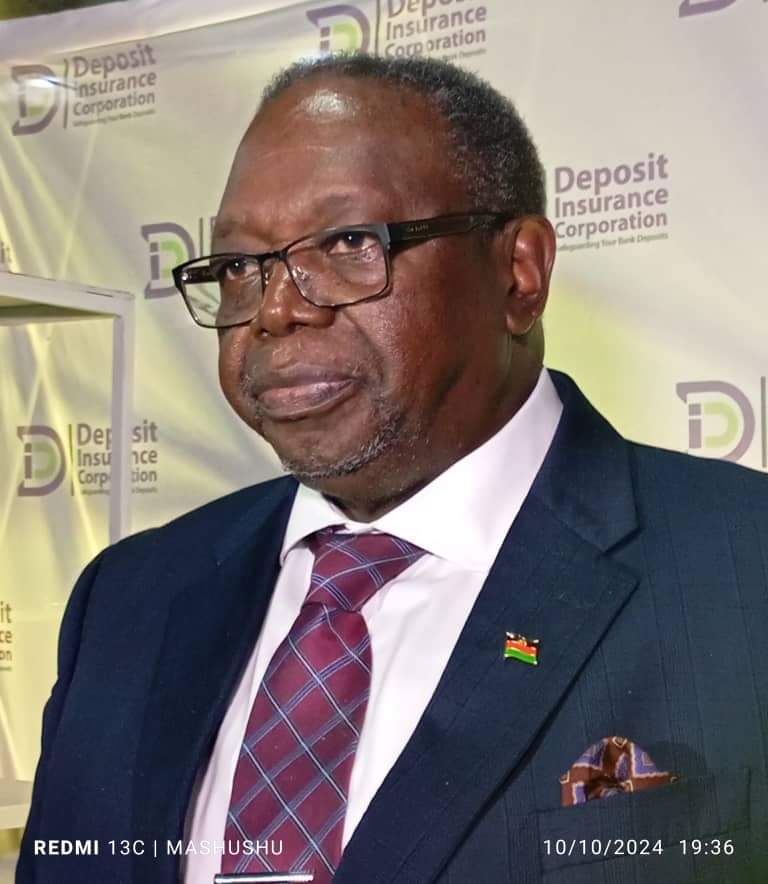By Burnett Munthali
Nkhotakota, Malawi — Citizen Alliance, an advocacy organization dedicated to human rights, has called on public service providers to establish accessible grievance redress mechanisms to help vulnerable populations file complaints and seek justice. This appeal was made by Baxton Nkhoma, the Executive Director of Citizen Alliance, during an engagement meeting with local stakeholders in Nkhotakota today. The gathering focused on addressing human rights violations impacting vulnerable groups, including people with disabilities, women and children, sex workers, and people living with HIV.
Nkhoma emphasized the need for these mechanisms to be user-friendly and supportive, allowing marginalized populations to voice their concerns without fear of discrimination or additional hardship. “For individuals facing social, economic, or physical vulnerabilities, it is essential that they have an accessible pathway to file complaints and address any rights violations they experience,” he stated. “We want to ensure that these groups have equal access to justice and are not sidelined due to systemic barriers.”
The Citizen Alliance meeting in Nkhotakota is part of a larger project funded by the United Nations Development Programme (UNDP) titled “Promotion and Environment that Enables and Protects Human and Legal Rights for Key Vulnerable Populations.” This initiative aims to foster a safe environment that respects and upholds the rights of marginalized groups across several districts, including Nkhotakota, Salima, and Mangochi.
- FDRD Slams Trial by Public Opinion, Demands Respect for Rule of Law
- Kamphangala dismisses claims that UTM supporters are politicizing Chilima’s death
- Reclaiming NEEF for the People: A Call to Dismantle Barriers and Deliver Real Economic Justice
- Pressure Mounts on Attorney General Frank Mbeta as CDEDI Demands Resignation
- Nathenje Communities Laud APM’s Governance
Alfred Munika, Executive Director of the Child Rights Advocacy and Paralegal Aid Center (CRAPAC), praised the meeting as a positive step forward in improving human rights conditions for vulnerable populations. Munika highlighted the importance of such platforms for bringing together local authorities, civil society organizations, and community members to discuss the challenges and legal barriers faced by these groups. “This meeting is a great opportunity for collective action. By discussing human rights violations in a collaborative setting, we can work towards sustainable solutions that prioritize the well-being of those often overlooked in society,” Munika remarked.
Citizen Alliance’s project, which covers Nkhotakota, Salima, and Mangochi, seeks to develop long-term strategies to protect the rights of marginalized populations. By promoting an inclusive environment, Citizen Alliance hopes to engage local authorities and service providers in building a fairer society where vulnerable groups are empowered to seek justice and exercise their rights.
The establishment of accessible grievance redress systems could address systemic issues and help ensure that everyone in Malawi, regardless of their background or social standing, has the opportunity to file complaints, advocate for their rights, and hold public service providers accountable for upholding human rights standards.




